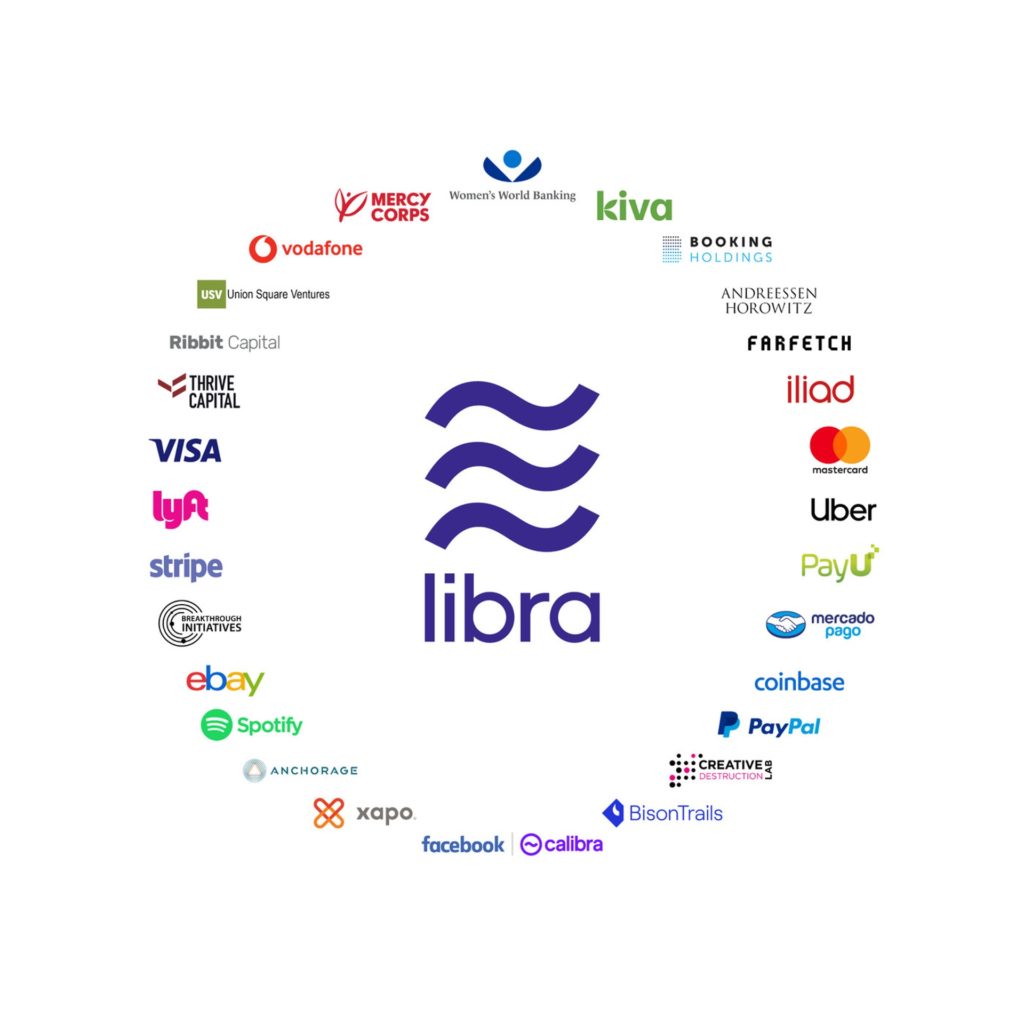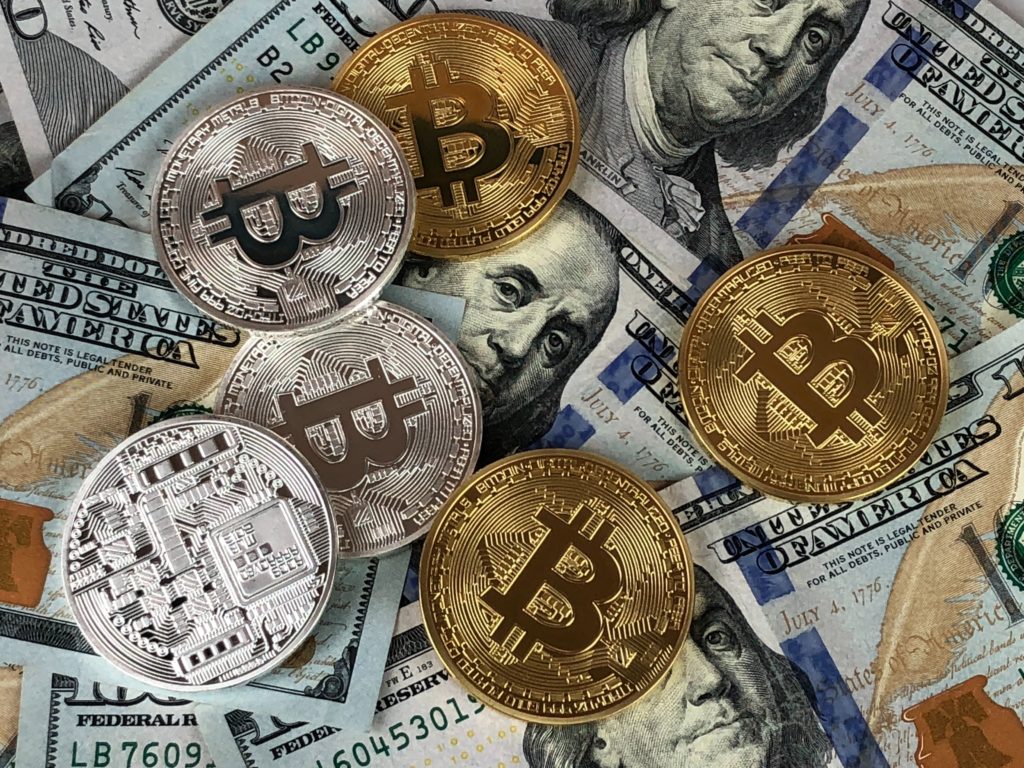
Earlier this year in June, Facebook released the white paper for Libra, an ambitious new cryptocurrency due to launch in the first half of 2020. Libra is anticipated to be the ‘next’ bitcoin, but the cryptocurrency that’s backed by several prolific investors ranging from Vodafone to MasterCard to Spotify aims to be far more accessible that any current cryptocurrency.

Targeting the 1.7 billion people across the globe who don’t have a bank account (yet), Libra wants to be the first choice for spending, in a bid to make cryptocurrency accessible to the general public. As of right now, cryptocurrency isn’t a popular form of payment (a select few engage in trading) but by and large, people steer clear of cryptocurrency due to the uncertainty around it. But this is swiftly changing, thanks to digital banks taking an initiative to offer their customers the chance to trade and transact in cryptocurrency.
Is cryptocurrency for the general public?
UK-headquartered digital bank Revolut offers premium customers the ability to store their finances and transact in up to five cryptocurrencies. Although Barclays recently ended their partnership with Coinbase, previously customers could transact and trade cryptocurrency through the cryptocurrency exchange.

In August 2019, the New Zealand tax authority allowed for workers to be paid their wages and salaries in cryptocurrency – albeit with a few strict stipulations. The cryptocurrency must be a stablecoin, i.e. it must not be subject to a lock-up period and the digital currency (or currencies) must be readily convertible into a traditional, government-backed currency. What this means is that people who want to get paid in bitcoin can, but it will be taxed as an asset. Payments made in stablecoins such as Tether and Paxos Standard will still be taxed, but not as an asset.
This regulatory innovation is particularly important, because Facebook’s Libra aims to be a stablecoin, with its value pegged to a common currency (either the dollar, pound or euro). Bitcoin’s blockchain can currently handle fifteen transactions per second, which is slow, if it wants to be treated as a fiat currency. Libra’s blockchain ledger aims to process a thousand transactions per second, making it a perfectly liable choice for those who want to transact in the stablecoin. Libra’s allure lies in no forex fees, and an easy way to convert your local fiat currency into the globally-accepted Libra, all done in the Calibra wallet along with retailer & merchant incentives at the start. Backed by industry giants, Libra will launch with several offers and incentives across various marketplaces.
(To read more about blockchain and its applications in fintech, click here.)
New Entrants in the Market
The fastest cryptocurrency processor in the market, Ripple, will soon face a new challenger in the Telegram Open Network (TON), which is aiming to dethrone Ethereum as the most highly developed blockchain in existence. Armed with what it calls the ‘masterchain’ – the “blockchain of blockchains”, TON claims it will be able to process “millions of transactions” per second. TON is social networking giant Telegram’s offering, and it will offer 200 of its 300 million users across the globe the Gram digital wallet. The proposed coin, the Gram, will be released in batches in the coming month, according to reports. Just as ambitious, but quieter than Facebook, Telegram’s presale offering raised $1.7 billion from some notable investors across the Silicon Valley.
We’re experts in the field of digital banking & payments and offer digital transformation, due diligence & strategic planning services. To know more about trends, news updates & innovation in the banking & fintech industry, check out our blog.
Feature image: source.
